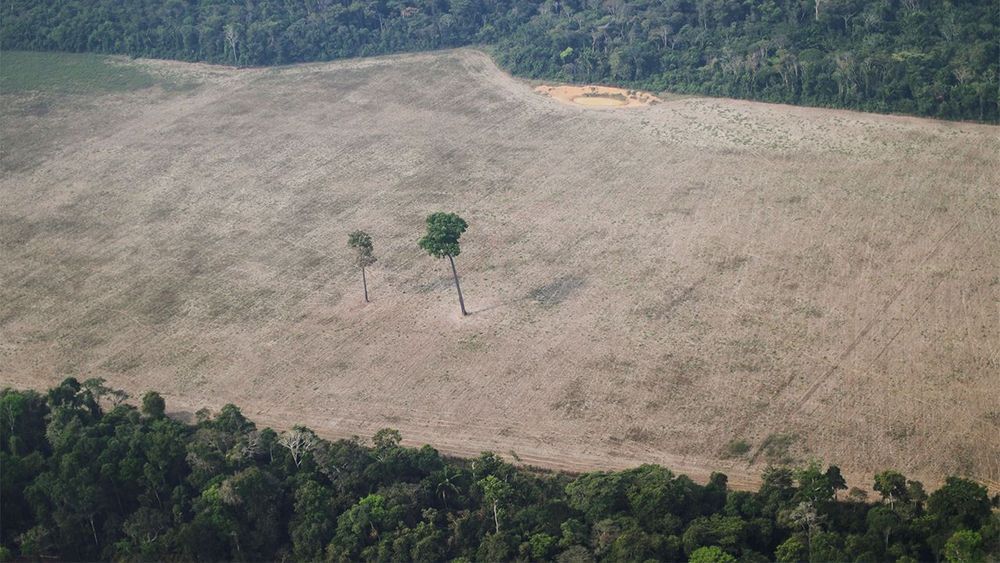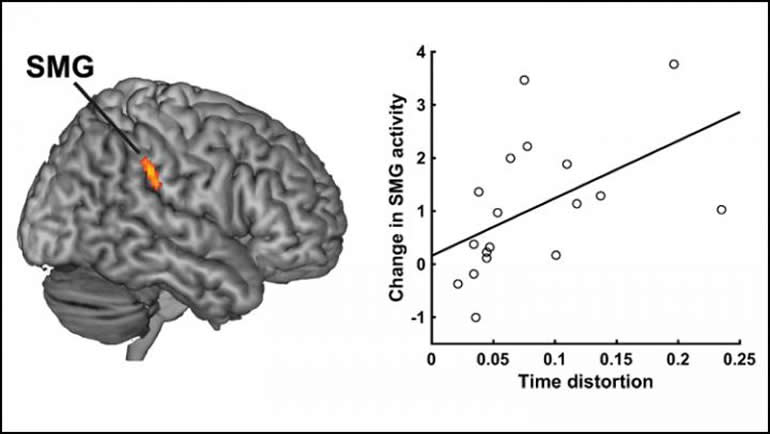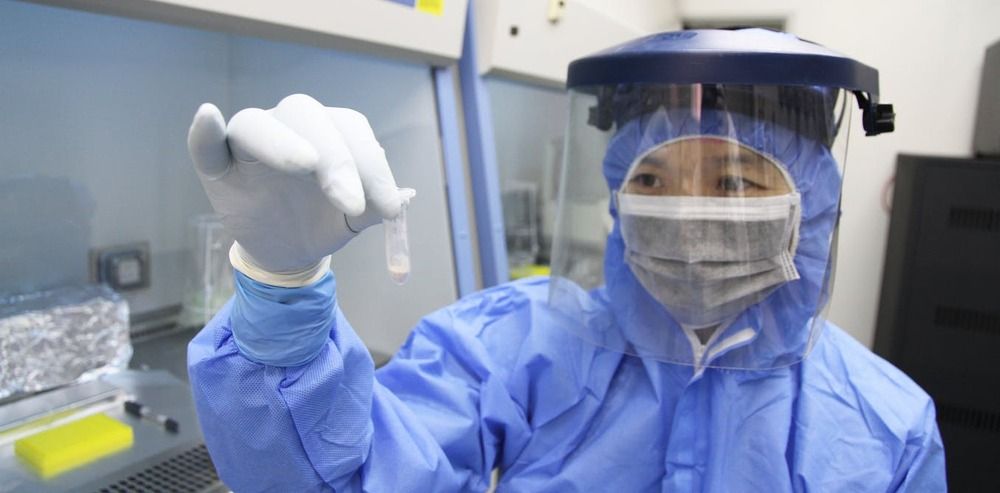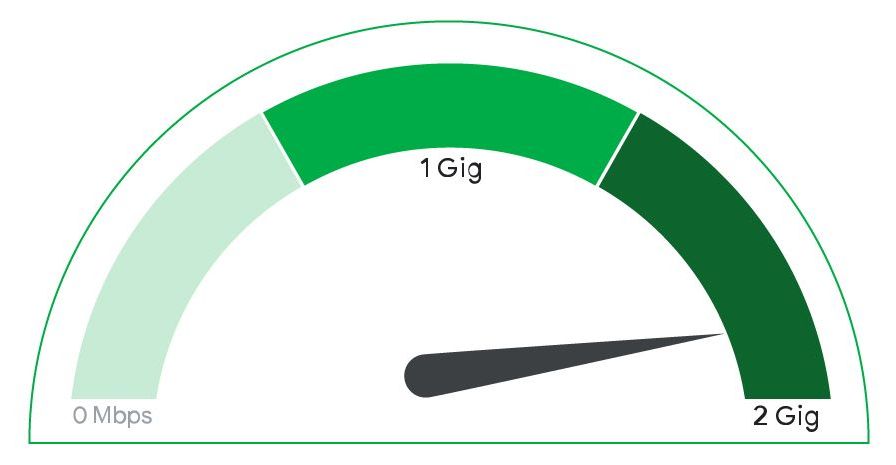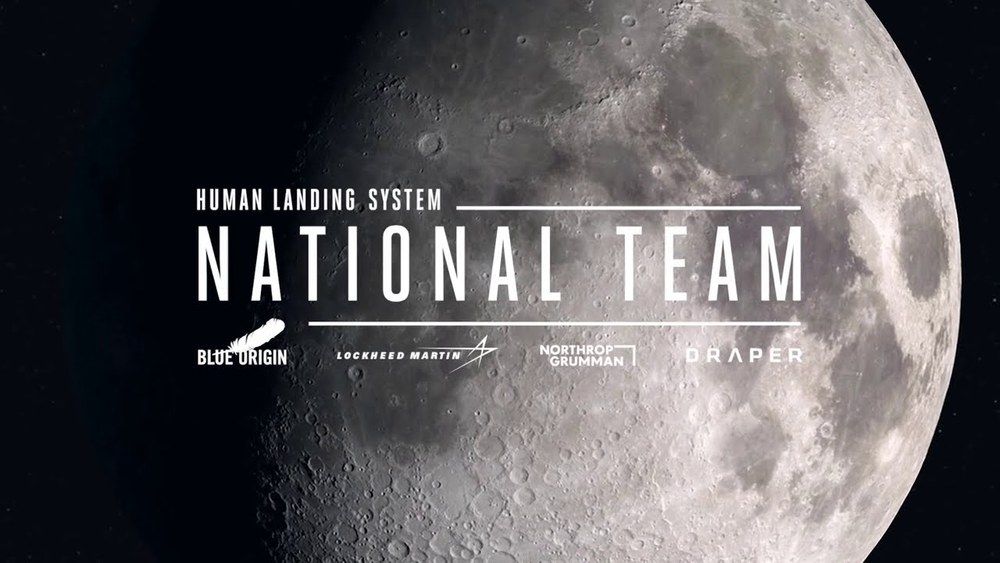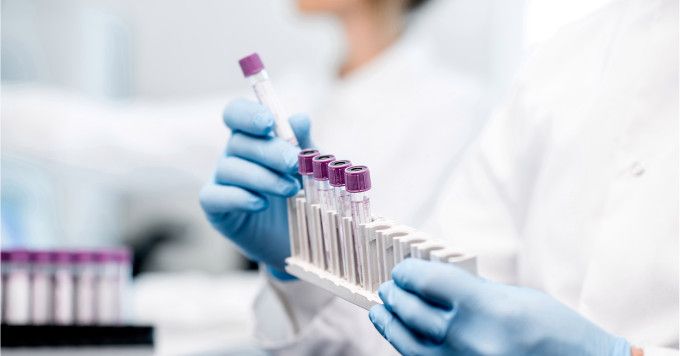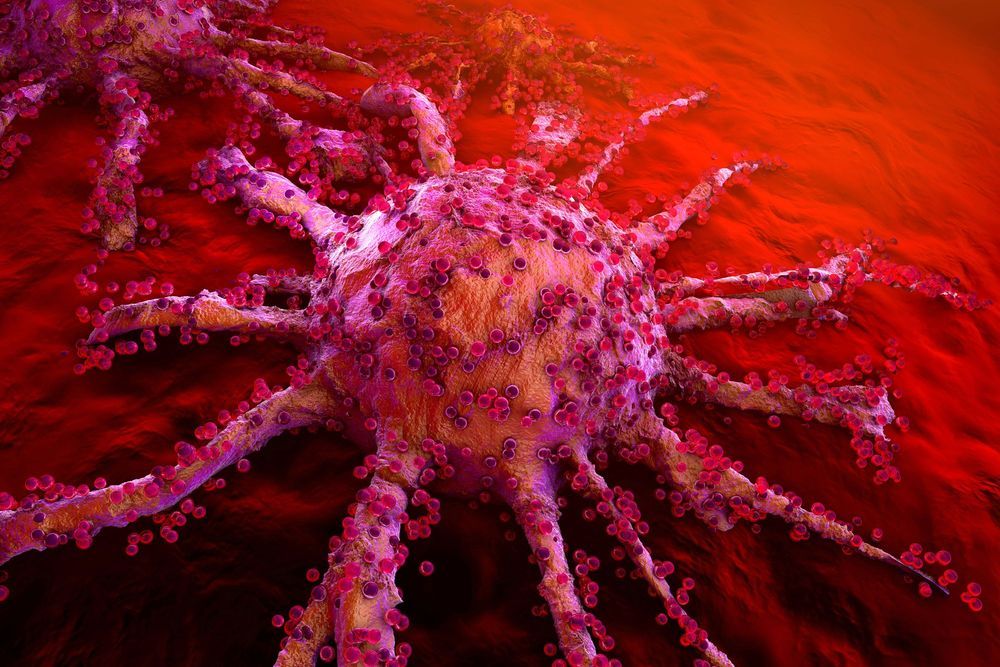A major report card on the state of biodiversity gives failing grades to the world’s nations. The United Nations’s Global Biodiversity Outlook 5, released this week, concludes that the world has not met ambitious targets set 10 years ago to protect nature. “The warning lights are flashing. We have to recognize that we’re in a planetary emergency,” Andy Purvis, a biodiversity researcher at the Natural History Museum said in a statement.
Despite glimmers of progress, the world has not achieved decadal targets to protect nature.
